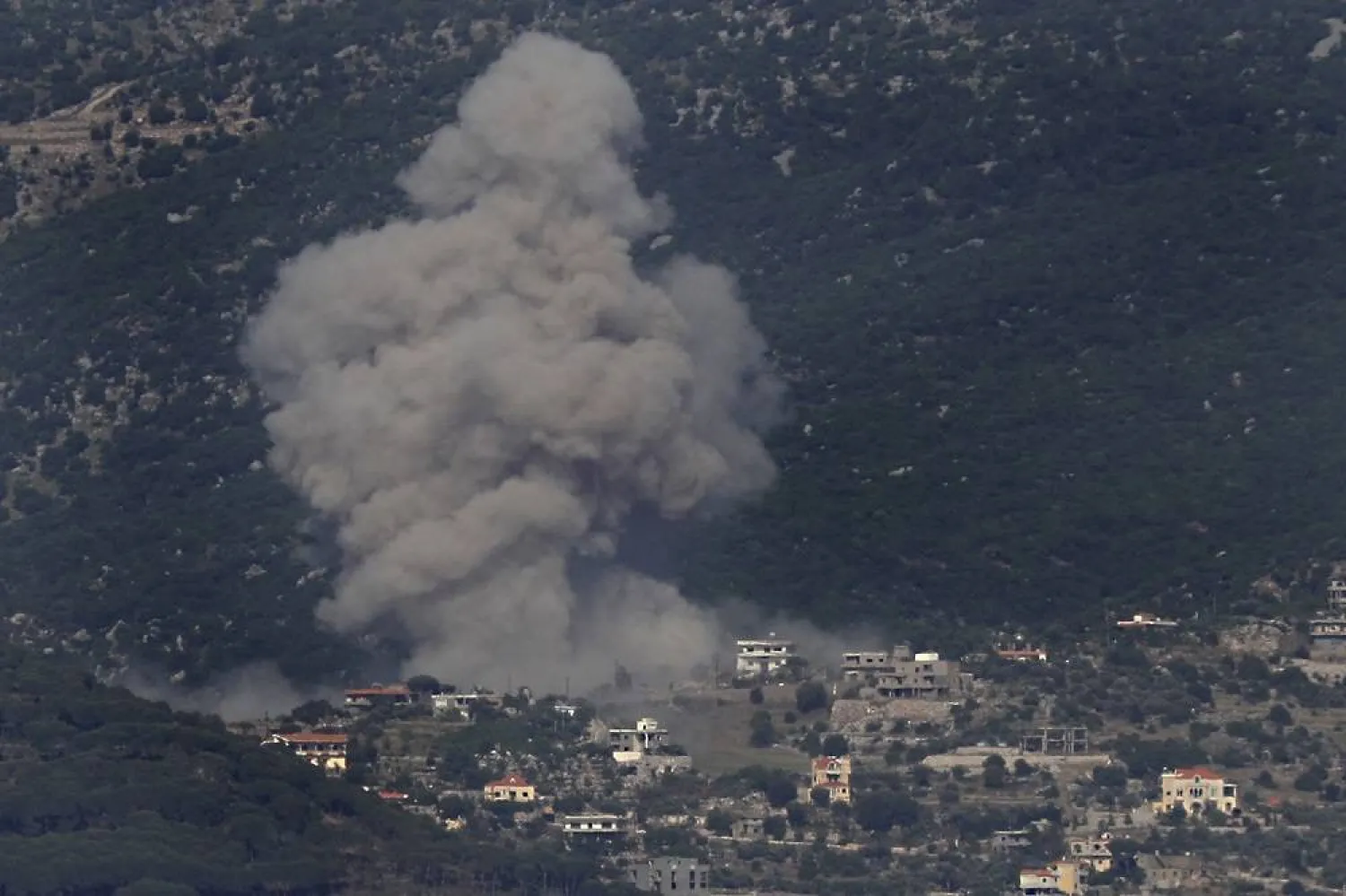Prime Minister Benjamin Netanyahu said on Wednesday Israel was prepared for very strong action in northern Israel, saying it would restore security "one way or another" in an area targeted by the Iran-backed Hezbollah during months of hostilities.
The conflict between Hezbollah and Israel, which has been fought in parallel to the Gaza war, has intensified in recent days, adding to concerns that an even wider confrontation could break out between the heavily armed adversaries.
"Whoever thinks that they can harm us and we will sit idly by is making a big mistake. We are prepared for a very strong action in the north," Netanyahu said during a tour of the area. "In one way or another we will restore security to the north."
The fighting - the worst hostilities between Hezbollah and Israel since they fought a war in 2006 - has forced tens of thousands of people to flee homes on both sides of the border.
Israeli strikes have killed some 300 Hezbollah fighters in Lebanon and around 80 civilians have been killed, according to a Reuters tally.
Attacks from Lebanon have killed 18 Israeli soldiers and 10 civilians, Israel says.
Israeli Military Chief of General Staff Herzi Halevi said on Tuesday the army was ready for an offensive along the northern border and that Israel was nearing a decision point.
The US State Department said on Tuesday that Washington does not want to see a full-blown war and that it is trying to pursue a diplomatic solution, adding that Israel had the right to defend itself from Hezbollah.
Hezbollah, deemed a terrorist organization by Washington, announced several operations on Wednesday, including a guided missile attack targeting Israel's Iron Dome air defense system in Ramot Naftali, some 3 km (2 miles) from the border.
Rockets fired from Lebanon set off wild fires this week, burning swathes of land across northern Israel.
Hezbollah deputy leader Sheikh Naim Qassem told broadcaster Al Jazeera on Tuesday that the group's decision was not to widen the war but that it would fight one if it was imposed on it.
Qassem said the Lebanon front would not stop until the Gaza war stops, Al Jazeera quoted him as saying.
Hezbollah, an ally of Palestinian militant group Hamas, says it has been striking Israel in support of Palestinians under Israeli bombardment in Gaza. It has previously said it will cease fire when the Israeli offensive on Gaza stops.









